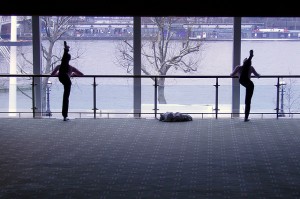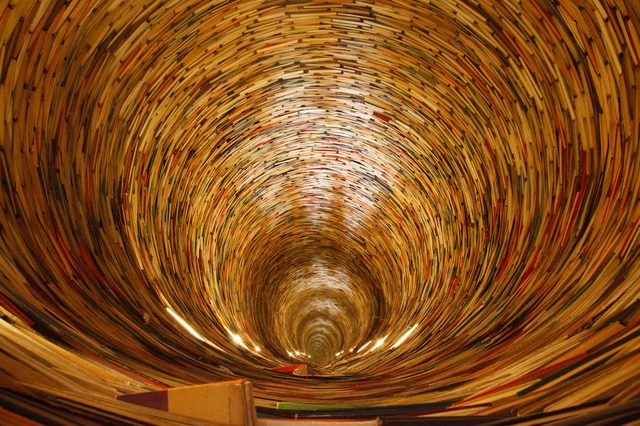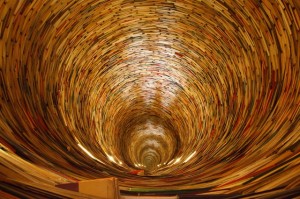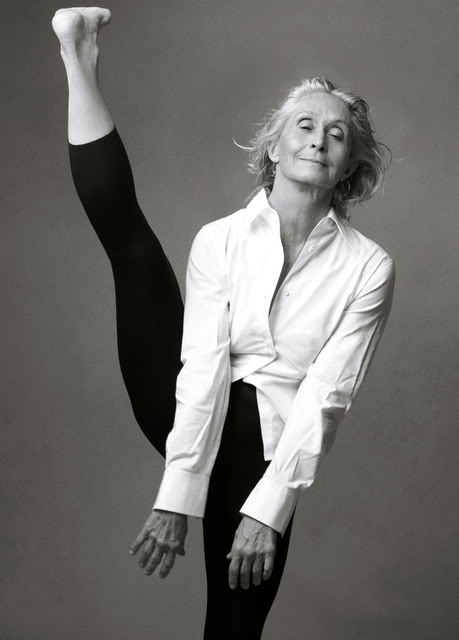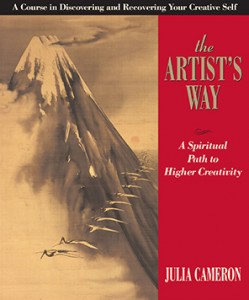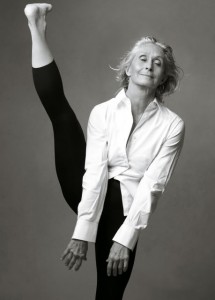Let’s have a closer look at what practice is, or perhaps I should come at it from a different direction and say what practice isn’t.
It’s not journalling.
It’s not stream of consciousness writing.
It’s not morning pages.
All of these things are useful tools for a writer’s toolkit, and they have their purposes, but practicing is more than simply turning up to the page and writing whatever comes into your head.
Writing freeform and undirected is a great way of warming up, but it doesn’t necessarily make you better at description or dialogue. Once your mind has got rid of its everyday clutter and chatter, then you have the space to focus on aspects of writing you find difficult, or just practise something you find enjoyable.
Other art forms give us a good insight into what directed practice can be: singers do scales, or go over difficult pieces of music. A ballet dancer practices the basic steps, plies, and arabesques before they try a new choreography. Painters often learn to paint by copying the old masters. They warm up, in other words, but in ways that strengthen the basic knowledge of their art, and give them solid foundations to stand on when they create something new.
It’s the same with writing fiction.
You might worry that using prompts and practices will lead you to write in a certain way, or like everyone else, but it’s simply not possible. You always bring yourself to your writing, and you are unique, so your practice will be too.
Think about when we learn to write, physically, with a pen: we practise the letter forms over and over again. Over time, our confidence and skill grows, and we develop our own style of handwriting.
Practice is only ever a starting point. You might notice that certain themes or characters keep popping their heads up when you practise. They might be new to you, or old friends, but if this does happen, don’t feel the pressure to try and keep them out. You never know what your mind might be trying to tell you.
And what should you do with your practices? Nothing if you don’t want to. But – keep them. Somewhere safe, where you don’t have to look at them. You might want to later, say in six months, to see if there are ideas worth mining, but if you can’t bear the thought, then just know you have done the work, and that is valuable enough.
Later this week I’ll be posting about creating your own source of practices, but for now sharpen your pencils and keep writing.

